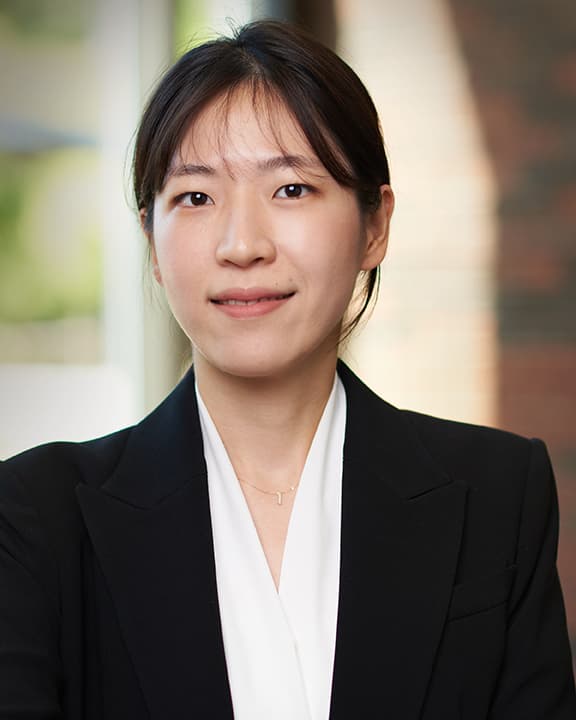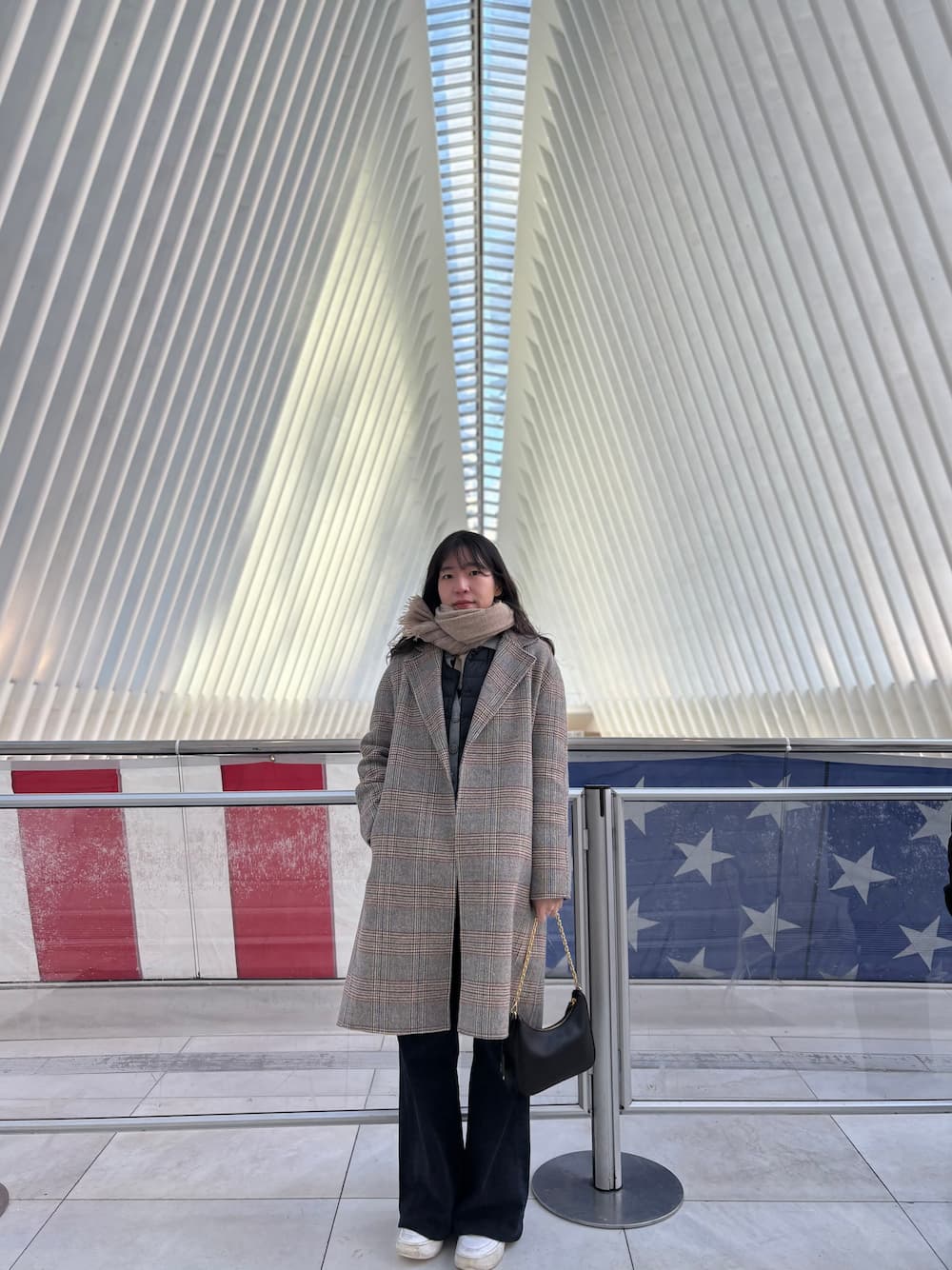Heesoo Roh
What initially got you interested in studying gerontology? Why did you stick to it?
During my undergraduate studies in exercise rehabilitation and social work in South Korea, I had the opportunity to complete a short-term training program at a senior welfare facility. While working at a daycare center with elderly individuals with dementia, I developed a strong interest in gerontology. This experience sparked my curiosity about how research in exercise science contributes to improving the quality of life for older adults. My interest in gerontology grew from that point, and when my master’s studies led me to focus on exercise psychology, I discovered that Purdue University offered a dual-title PhD program in gerontology. That realization motivated me to pursue gerontology more seriously.
What has been your favorite experience in the CALC gerontology program? Why?
The best experience for me has been attending the GSA (Gerontological Society of America) conference. Because gerontology is inherently a multi-disciplinary field, the conference provided an incredible opportunity to explore a broad spectrum of academic knowledge and research trends across various disciplines. It allowed me to gain insights into the latest research questions being explored in different fields. Additionally, I really enjoyed attending the luncheon with CALC alumni. It was a great opportunity to network with former students and share experiences and memories about Purdue, both from their time and from the current students’ perspectives.
Who are your mentors at Purdue and elsewhere? How do they help you succeed?
How has your interest in gerontology influenced or shaped your research agenda? Your agenda post-grad?
There is no single factor that defines motivation for exercise from a psychological perspective. However, it is clear that as people age, some become more engaged in physical activity, while others lose interest entirely. I became curious about why these differences exist and how we can encourage and sustain physical activity among those who are not naturally inclined toward it. While exploring these questions, I came across the concept of "Purpose in Life." I discovered that, across the life course, this concept not only plays a significant role in physical activity engagement but also has profound effects on overall health. This realization has shaped my research interests and will likely continue to influence my future work.
What's something you'd like to tell your peers you feel they don't know or need to be reminded of regarding gerontology?
What's something you'd like to tell anyone NOT in the study of gerontology?
Even though I study gerontology, I believe that research in other fields is just as important. Gerontology isn’t just about studying older adults—it’s about understanding the entire lifespan. In that sense, even those who are not directly involved in gerontology will likely find connections between their research and gerontology at some point. I hope all researchers, regardless of their field, continue to pursue their work with passion!


